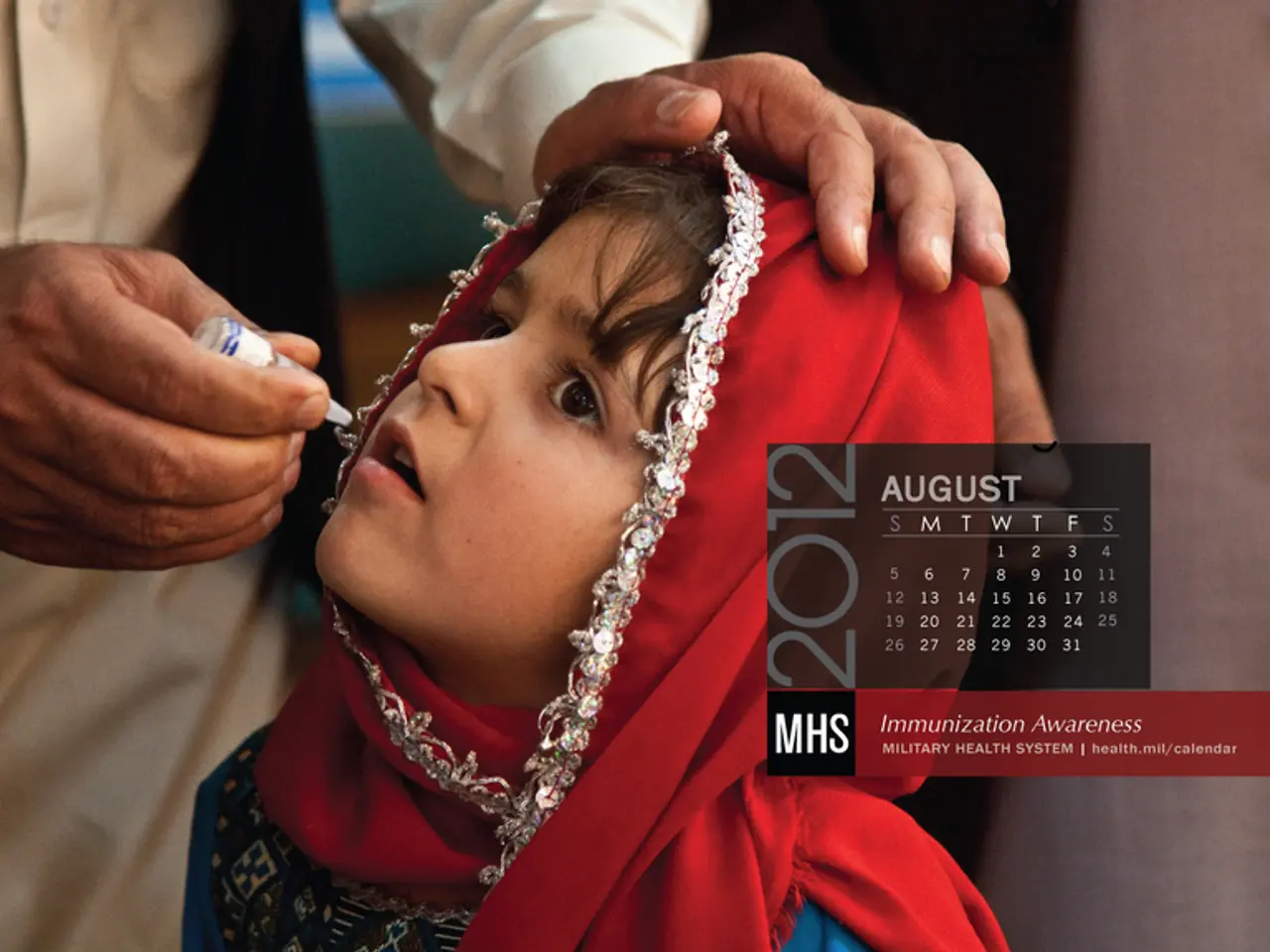Strategy for Controlling Measles Epidemics in New York
The United States, once on the brink of eradicating measles, is witnessing a resurgence of the highly contagious and perilous virus. This alarming trend is particularly evident in New York, where the state Legislature has a crucial opportunity to advance bills that would improve immunization rates and safeguard the health and safety of its residents.
The rapid emergence of measles outbreaks can be attributed to declining vaccination rates and pockets of unvaccinated or under-vaccinated populations. In 2023, national measles vaccination rates among school-age children dropped from about 95% to 92%, falling below the 95% threshold needed for community immunity (herd immunity). Some areas, such as parts of Texas and New York, have even lower vaccination rates, with some communities reporting rates as low as 82%.
Measles, one of the most contagious diseases known, thrives in such conditions. Any decrease in vaccination coverage allows the virus to spread rapidly within vulnerable populations. Outbreaks are more common in communities with lower vaccine uptake, including certain religious or cultural groups and areas with vaccine hesitancy.
Tragically, imported cases from global regions where measles is still prevalent often trigger local outbreaks. As of 2025, there have been over 1,300 confirmed cases in 39-41 states, with 87-88% of cases linked to outbreaks largely affecting unvaccinated populations.
In Orange County, New York, several cases of measles have been reported. Three children under the age of five are currently battling the disease, highlighting the urgent need for increased vaccination rates.
The consequences of forgoing routine vaccinations due to misinformation and unfounded conspiracy theories are now unfolding in real time. Entire communities become vulnerable when vaccination rates drop, as demonstrated by the ongoing measles outbreaks.
Recognizing the gravity of the situation, the state Legislature has taken action. In response to the public health crisis, they passed a new law tightening vaccine requirements for school children. This bold move aims to protect the health and safety of New York's residents, especially its children.
New York is not alone in this battle. Across the nation, there have been a record-breaking 935 cases of measles confirmed since May 1. In the face of federal negligence, it is incumbent upon states like New York to take action and protect their residents.
The resurgence of measles serves as a stark reminder of the importance of vaccination. We owe it to our neighbors, children, and communities to ensure that everyone is vaccinated and protected. By working together, we can prevent the spread of diseases like measles and create a healthier, safer world for all.
[1] Centers for Disease Control and Prevention (CDC). (2023). Measles in the United States. Retrieved from https://www.cdc.gov/measles/cases-outbreaks.html [2] New York State Department of Health. (2023). Measles in New York State. Retrieved from https://www.health.ny.gov/diseases/communicable/measles/ [3] World Health Organization (WHO). (2023). Measles. Retrieved from https://www.who.int/news-room/fact-sheets/detail/measles [4] National Institutes of Health (NIH). (2023). Measles. Retrieved from https://www.nih.gov/health-information/communicable-disease-topics/measles/overview-measles
Science has revealed that declines in vaccination rates and pockets of unvaccinated or under-vaccinated populations can lead to outbreaks of highly contagious diseases, like measles. Political action, such as state legislation in New York aimed at improving immunization rates, is essential for promoting health-and-wellness and safeguarding the public from these threats.




